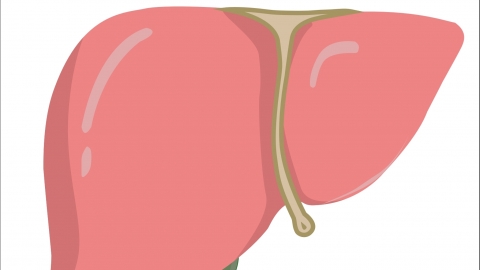Is it good to drink more water for gallbladder polyps?
In general, drinking more water does not have a direct therapeutic effect on gallbladder polyps. However, it helps maintain normal metabolic functions and indirectly supports the prevention of gallbladder-related complications. It is part of a healthy lifestyle and can be moderately maintained. The specific analysis is as follows:

From the perspective of the pathogenesis of gallbladder polyps, the primary causes are often related to abnormal cholesterol metabolism and chronic inflammatory stimulation. Drinking more water cannot directly alter the size, nature, or growth trend of polyps, nor can it replace regular follow-up examinations or necessary surgical treatments.
However, increased water intake offers indirect benefits in two aspects: first, it promotes systemic blood circulation and metabolism, helping the liver process lipids more efficiently. This provides slight support in improving cholesterol metabolism, potentially reducing factors that contribute to polyp progression; second, by increasing urine output, it indirectly promotes bile dilution, reduces the risk of bile stasis and gallstone formation. Gallstones can exacerbate gallbladder irritation and may negatively affect existing polyps.
It must be clearly understood that increased water intake should not be considered a treatment for gallbladder polyps. Patients should still adhere to core management principles—regular ultrasound monitoring of polyp changes. If high-risk indicators such as polyp diameter ≥1 cm or rapid growth are present, timely medical intervention is necessary. Daily fluid intake should primarily consist of plain boiled water; sugary beverages should not be used as substitutes. A daily intake of 1500–2000 ml is sufficient, and excessive drinking is unnecessary.






